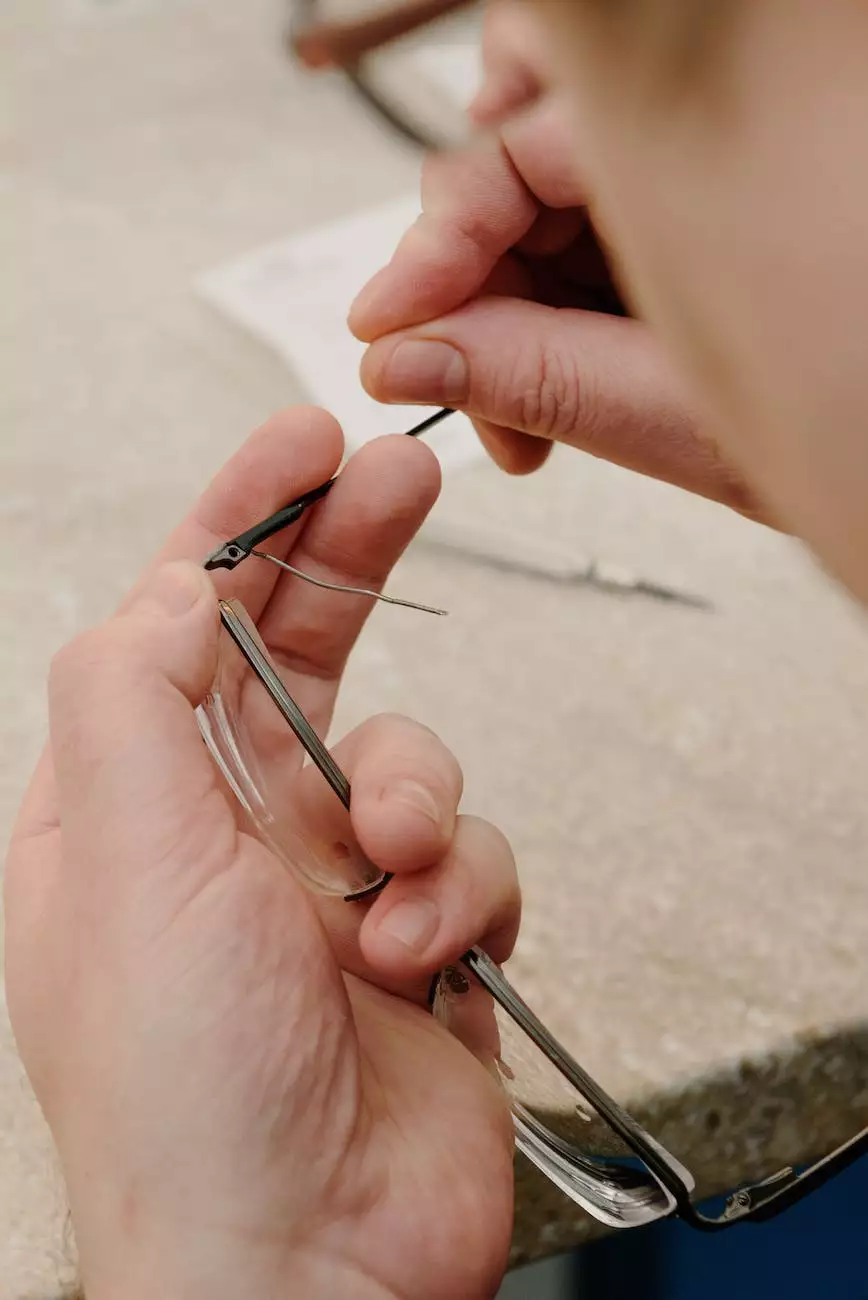The Pros and Cons of Different Laptop Hinge Materials
Blog
Welcome to J&J Ingenieros de Sistemas, your trusted source for all things related to computers, electronics, and technology. In this article, we will explore the pros and cons of different laptop hinge materials. Laptop hinges play a crucial role in ensuring the smooth and reliable operation of your device. By understanding the different materials used in laptop hinges, you can make an informed decision when purchasing a new laptop or seeking repairs.
Why Laptop Hinges Matter
Before we dive into the specifics of laptop hinge materials, let's briefly discuss why they are important. Laptop hinges are the mechanisms that allow you to open and close your laptop screen. They are responsible for holding the screen in place at various angles, providing stability and flexibility for comfortable viewing.
A high-quality laptop hinge ensures that your screen stays in position without wobbling or collapsing. It also withstands repeated opening and closing, which is essential for laptop users. Choosing the right hinge material can significantly impact the longevity and usability of your laptop.
Common Laptop Hinge Materials
1. Steel Hinges: Steel hinges are known for their strength and durability. They offer excellent support for heavier laptops and are less prone to wear and tear. However, steel hinges can be bulkier and add weight to the laptop.
2. Aluminum Hinges: Aluminum hinges are lightweight and provide adequate strength for most laptops. They offer a good balance between durability and portability. However, they may not be as robust as steel hinges for heavier laptop models.
3. Magnesium Alloy Hinges: Magnesium alloy hinges are gaining popularity due to their lightweight construction and durability. They offer good resistance to corrosion and damage, making them suitable for frequent travelers. However, laptops with magnesium alloy hinges tend to be more expensive.
4. Plastic Hinges: Plastic hinges are common in budget-friendly laptops. They are lightweight and cost-effective. However, they are generally less durable than the metallic options and may wear out faster with continuous use.
Pros and Cons of Different Laptop Hinge Materials
Steel Hinges:
Pros:
- Highly durable and long-lasting
- Offer excellent support for heavier laptops
- Less prone to wear and tear
Cons:
- Can be bulkier and add weight to the laptop
- May limit portability for on-the-go users
Aluminum Hinges:
Pros:
- Lightweight and portable
- Provide adequate strength for most laptops
Cons:
- May not be as robust as steel hinges for heavier laptop models
Magnesium Alloy Hinges:
Pros:
- Lightweight and durable
- Resistant to corrosion and damage
Cons:
- Tend to be more expensive
Plastic Hinges:
Pros:
- Lightweight and cost-effective
Cons:
- Less durable than metallic options
- May wear out faster with continuous use
Choosing the Right Laptop Hinge Material for You
Now that you are aware of the pros and cons of different laptop hinge materials, it's time to consider your specific needs and preferences. Here are a few factors to keep in mind when choosing the right hinge material:
- Laptop Usage: If you primarily use your laptop at a fixed location, such as at home or in the office, steel hinges can offer maximum stability and durability. For those who frequently travel or require portability, lightweight options like aluminum or magnesium alloy hinges may be more suitable.
- Weight Considerations: If you prioritize a lightweight laptop for easy portability, plastic or aluminum hinges can help reduce overall weight. However, if you rely on a powerful workstation or gaming laptop, steel or magnesium alloy hinges can provide the necessary support.
- Budget: It's important to consider your budget when choosing a laptop hinge material. Steel and aluminum hinges are commonly found in mid-range laptops, while magnesium alloy hinges are often featured in premium models. Plastic hinges are commonly seen in budget-friendly options.
By evaluating your specific requirements, you can determine which laptop hinge material suits your needs best.
Conclusion
Laptop hinge materials play a significant role in determining the overall durability, flexibility, and long-term reliability of your laptop. It's crucial to understand the pros and cons of different materials to make an informed decision. Steel hinges offer unmatched strength, while aluminum hinges strike a balance between durability and portability. Magnesium alloy hinges provide lightweight durability but come at a higher price point. Lastly, plastic hinges are affordable but may lack the long-term durability of their metallic counterparts.
At J&J Ingenieros de Sistemas, we specialize in helping individuals make informed decisions about their technology needs. Our team of experts can assist you in selecting the perfect laptop hinge material based on your specific requirements. Contact us today to learn more!




